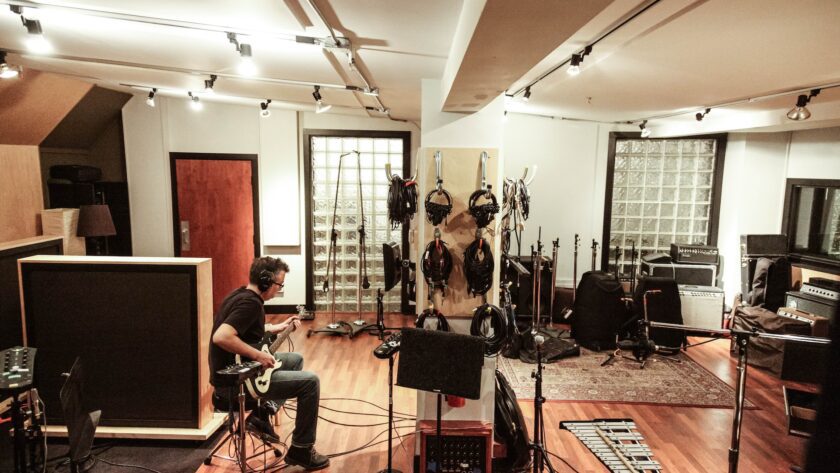Music education grants for schools can have an incredible effect on students’ lives. It can help them develop more discipline and practice habits, and it can allow them to increase their verbal IQ.
Develop better practice habits and more self-discipline
Music education is a great way to help children improve their learning and emotional capabilities. It also allows students to develop better practice habits and more self-discipline. A study in 2002 found that musically active children were more likely to display excellent social skills than their non-musical peers. In addition, a musically trained student scored higher on the memory test. For those interested in the brain benefits of music, one study showed that learning a song can enhance spatial-temporal skills, which are essential for solving multistep problems. Another study published in 2006 found that music can increase dopamine levels in the brain, a natural anti-stress chemical. While many people are skeptical of the value of arts programs in general, this type of program can boost young people’s brain power. Studies have shown that these programs enable reading and math skills in young people. The best part is that the learning process is fun. As a result, the world needs more music education grants. To this end, many organizations offer music education grants to schools. With the proper funding, schools can make a significant impact on their students. There are many types of music education grants, from those that focus on classical music to those that include dance and drama. All of these programs have positive effects on students. However, one of the most exciting aspects of music education is allowing children to learn from other cultures and develop a more comprehensive set of skills. Performing in front of others is also a great way to learn. This also allows kids to learn social skills, which can be helpful later in life.
Local fundraising events
One of the best ways to help kids in your community is to organize a fundraising event. There are many fundraising options, from a simple ticket sale to a full-blown concert. The key is finding a performer that piques your audience’s interest. It is also a good idea to partner with a local business for a portion of the proceeds. You can only put on a similar event for your organization. You’ll want to check with your city’s municipal permitting department to ensure your event complies with local laws and regulations. To ensure the most success, plan your event well in advance. Ideally, you’ll want to book a venue, secure all necessary insurance and logistics, and market the occasion through as many channels as possible. You may even get a celebrity or two to appear at your soiree.
Vocal IQ increases after music training
There has been a lot of talk about music as a powerful tool for cognitive development. Music is said to increase focus, attention span, and cognitive flexibility. It is also said to improve emotional and mental health. The relationship between cognitive performance and musical training has been studied in child and adult populations. In addition, music can be considered a unifying force and can help people understand other cultures. Research has found that consistent weekly music instruction can improve a wide range of cognitive abilities. Some studies have shown that children who take music lessons experience slight increases in IQ. Others have reported more significant improvements. This study examined the effects of music training on the IQ of six-year-olds.
Ensure music education advocacy
When looking for ways to enhance music education, you’ll want to make sure that it is a priority for all members of your orchestra family. This includes the musicians, the school partners, the volunteers, and the audiences. Also, it would be best if you were to make sure that qualified music educators are available in schools and that access to music education is equitable. To ensure that the orchestra is doing its part, you should advocate for the orchestra and its programs at local, national, and international levels. You’ll also need to ensure that you have a great team of people to help you do that. In this article, you’ll find great examples of the people you should reach out to when you want to do that. You’ll also want to find ways to help orchestras grow and reach more youth. You’ll encourage them to participate in music and continue learning as they age. The program also gets children into orchestras and gives them daily after-school coaching and rehearsals. If you’re interested in joining the advocacy team for your orchestra, you should include all members of your orchestra family. Those individuals have musicians, school partners, volunteers, the audience, and policy leaders. They will all need to be on your side. Fortunately, it’s not that difficult to do, and in the end, it will benefit everyone in the orchestra. Just remember to ask the right questions. Once you start asking them, you’ll be well on your way to ensuring you’re getting the most out of your orchestra’s advocacy efforts.




